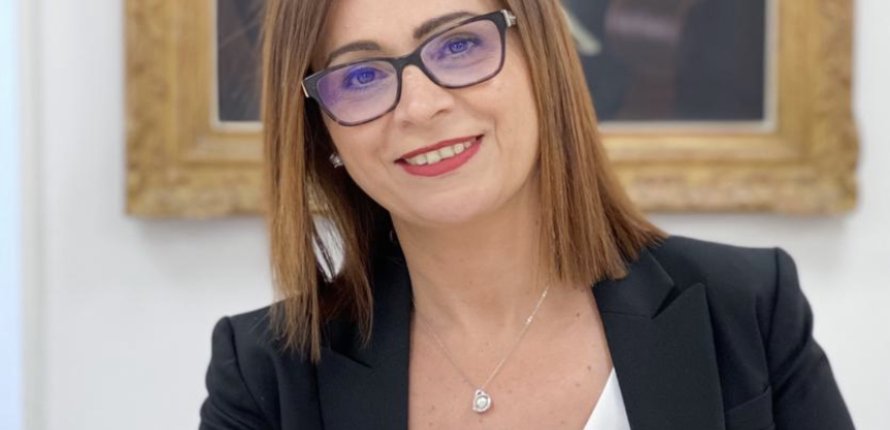Empowering All Students Through Inclusion

Dr. Mona Khoury-Kassabri is a history maker. In 2018, she was named Dean of the School of Social Work & Social Welfare at Hebrew University of Jerusalem (HU), the first Arab woman appointed as a dean of faculty at an Israeli university. Three years later, Dr. Khoury-Kassabri was appointed Vice President of Hebrew University, a first-of-its-kind role created to strengthen diversity and inclusion. Her continued role in academics and administration at Hebrew University, informed by her Fulbright Visiting Scholar experience at the University of Chicago, empowers underrepresented communities through education.
As Vice President of HU, Dr. Khoury-Kassabri is responsible for implementing institution-wide diversity strategies and ensuring a more diverse staff and student body by promoting opportunities for underrepresented communities including Haredi (ultra-Orthodox) Jews, Arabs, Ethiopians, and people with disabilities. Professor Asher Cohen, President of Hebrew University, welcomed Dr. Khoury-Kassabri, noting that she “champions diversity without compromising on academic integrity or professionalism.”
Dr. Khoury-Kassabri’s personal story aids her work in supporting students. Growing up in Haifa’s poor neighborhood of Wadi Nisnas, Dr. Khoury-Kassabri’s pursuit of education was encouraged and nourished by her family, including her parents, older sister, and uncle. “The amount of support and positive expectations of my parents, that they want me and my sister to succeed, they were the drive to continue in the university,” she told ISRAEL21c in a recent interview.
She earned bachelor’s, master’s, and doctoral degrees from HU’s School of Social Work and Social Welfare. As a researcher, Dr. Khoury-Kassabri has examined the impact of economic, social, and political factors on youth and child development, especially in Arab communities. Through her Fulbright experience, Dr. Khoury-Kassabri learned from leading researchers about children and youth well-being and examined whether theoretical models that have been primarily tested on Western, Christian youth can also be applied to non-Western cultures. Dr. Khoury-Kassabri also shared her Fulbright experience with her growing family, bringing her 11-month-old daughter to Chicago, noting, “My husband came to visit us every other month.”
Dr. Khoury-Kassabri affirms that her Fulbright experience had a dramatic effect on her, opening doors for her early in her career. Eighteen years later, Dr. Mona Khoury-Kassabri looks to Israel’s next generation of students. Her career, born of a desire to empower youth and minority communities, continues to evolve in impressive ways. Dr. Khoury-Kassabri reflects: “Despite the difficulties, having this opportunity I believe helped me develop my independence and affected the way I perceive my abilities and helped in shaping my future career.”
